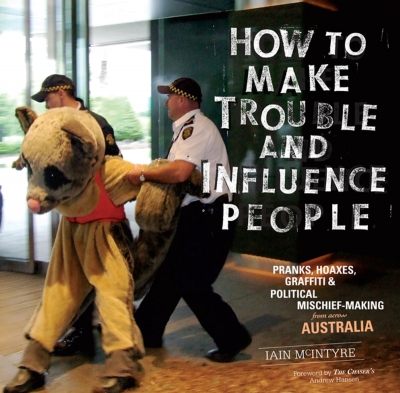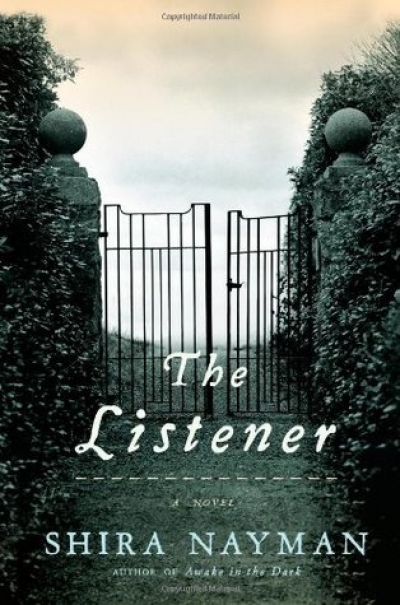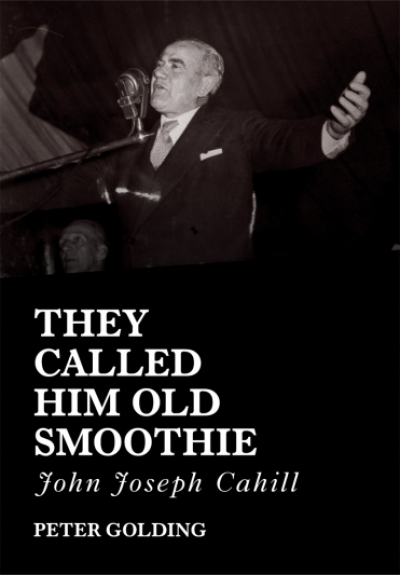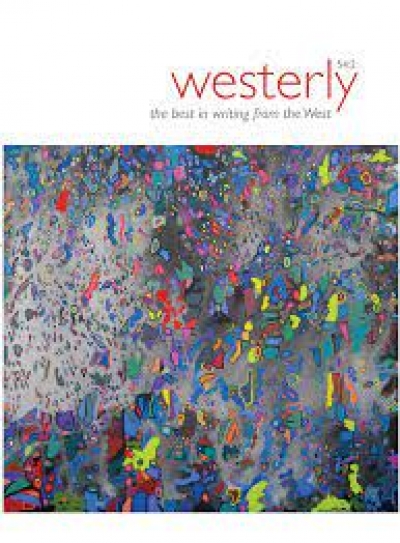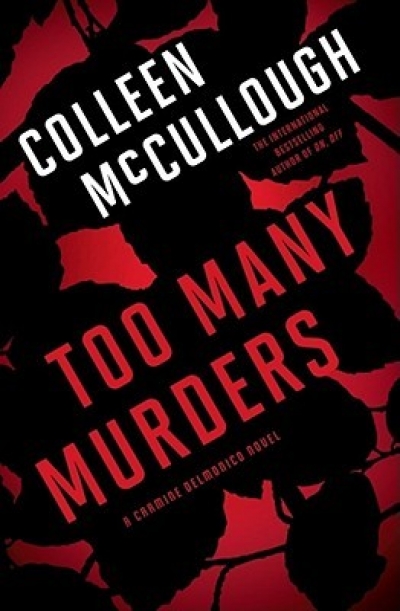Archive
How to Make Trouble and Influence People: Pranks, hoaxes, graffiti & political mischief-making by Iain McIntyre
Holden Caulfield is a garrulous bore. Seymour Glass is a phoney. Franny and Zooey are spoiled brats. And J.D. Salinger is a media tart. All these things are partly true. To take the last first: there is surely a ring of truth about Imre Salusinzsky’s recent spoof obituary in which Jay Leno and David Letterman are quoted expressing their sadness at the loss of a favourite regular guest who was always ready to front up and sparkle as he promoted an endless succession of Catcher in the Rye merchandise. Salinger, who died on January 27, aged ninety-one, may not have done such things, but at least one of his alter egos might.
... (read more)They Called Him Old Smoothie: John Joseph Cahill by Peter Golding
Bill Henson: Photographs by Bill Henson, introduction by David Malouf
Latent violence
Dear Editor,
In reviewing my biography of Clifton Pugh, Brenda Niall, a distinguished biographer herself, arrives at this puzzling last sentence: ‘Whether or not Morrison intended it … the Clifton Pugh of these pages emerges more as opportunist than true believer’ (ABR, February 2010). She states earlier that it surprises her that a large number of women were attracted to Pugh, and that I myself retained a measure of love for him until the end of his life.
... (read more)
